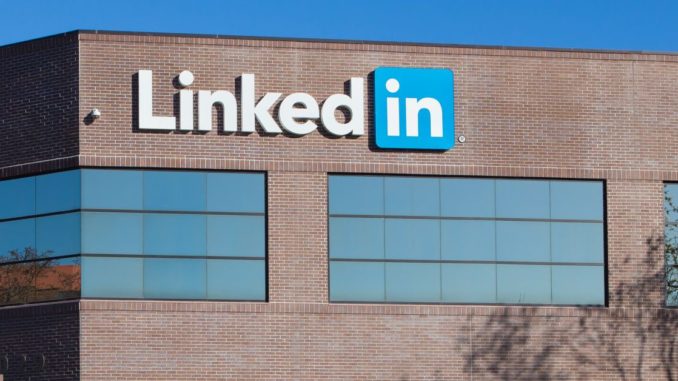
The bad actors pose a “significant threat” to LinkedIn and its consumers, according to Sean Ragan, the FBI’s special agent in charge of the San Francisco and Sacramento, California field offices, according to the report. “This type of fraudulent activity is significant, and there are many potential victims, and there are many past and current victims,” Ragan said.
In a typical scenario, according to the report, a scammer will pose as a professional with a fake profile and reach out to a LinkedIn user, starting with small talk before elevating to an offer to make money through crypto investments. Eventually, the scammer leverages the trust earned over months to direct the user to invest money to a site controlled by the perpetrator, and then drains the account.
A group of victims told CNBC that their losses ranged from $200,000 to $1.6 million.
The FBI has seen an increase in this particular investment fraud, said Ragan, confirming also that it has active investigations but could not comment since they are open cases.
LinkedIn acknowledged in a statement to CNBC that there has been a recent uptick of fraud on its platform. “We work every day to keep our members safe, and this includes investing in automated and manual defenses to detect and address fake accounts, false information, and suspected fraud,” the company said.
While LinkedIn said it doesn’t provide estimates on how much money has been stolen from members through its platform, it did say it removed more than 32 million fake accounts from its platform in 2021, according to its semiannual report on fraud, the report added.
The report revealed that the majority of the perpetrators had been traced by the Global Anti-Scam Organization, a victim advocacy and support group, to Southeast Asia.





 Bitcoin
Bitcoin  Ethereum
Ethereum  Tether
Tether  XRP
XRP  USDC
USDC  Lido Staked Ether
Lido Staked Ether  JUSD
JUSD  TRON
TRON  Dogecoin
Dogecoin
Be the first to comment